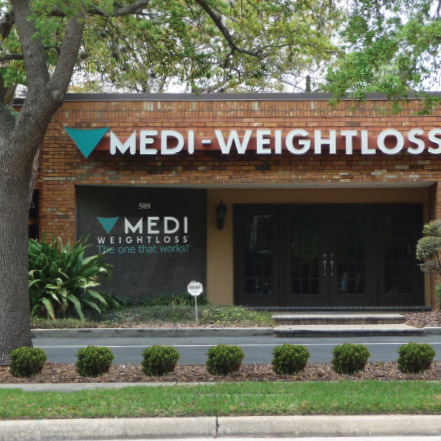
One might think Medi-Weightloss is a franchise geared toward medical-industry professionals, but Brooks Edlund, senior vice president of business development, explained how far the franchise’s reach actually is. By Heidi Lubrani
One might think Medi-Weightloss is a franchise geared toward medical-industry professionals, but Brooks Edlund, senior vice president of business development, explained how far the franchise’s reach actually is.
“In the beginning, we started out growing our franchise system primarily through physicians, but now most of our owners are non-physicians,” Edlund said. “They come from all walks of life – people who desire to exit the corporate world or want to stay in their current role but also want to control their own destiny and start something new.
We also get former patients who see the impact it’s had on their lives and want to get involved from the other side of the business.”
The Affordable Care Act now requires most health insurers to cover obesity screening and counseling as preventive care for adults and children. That change allowed Medi-Weightloss to start accepting insurance, decreasing patient out-of-pocket costs and making the medical program affordable for more people. This makes Medi-Weightloss more desirable to both the patient and franchisee. “The change in our model from a cash pay basis to an insurance model has fundamentally changed our business. What it has done is significantly lower the barrier to entry for our patients, meaning that their medical insurance now picks up a portion of the cost, so it becomes much more affordable for patients. As a result, patient volumes and revenues both increase, plus it also presents a significant competitive advantage over commercial and non-medical weight loss companies out there,” he said.
In addition to the franchise’s new model ushering in more patients, the recent global concern about obesity has increased the desire to become healthy. “It’s hard to find anything positive that came out of the pandemic, but if there is something that is positive, it’s that it increased the awareness of obesity and its effect on everyone’s health. We all know that age was the No. 1 risk factor for COVID-related deaths and hospitalizations. Well, the No. 2 risk factor was actually obesity, so it’s not a surprise that we’ve seen significant increases in patient volumes and new patients joining the system because people are starting to take ownership of their health,” said Edlund.
Heidi Lubrani

